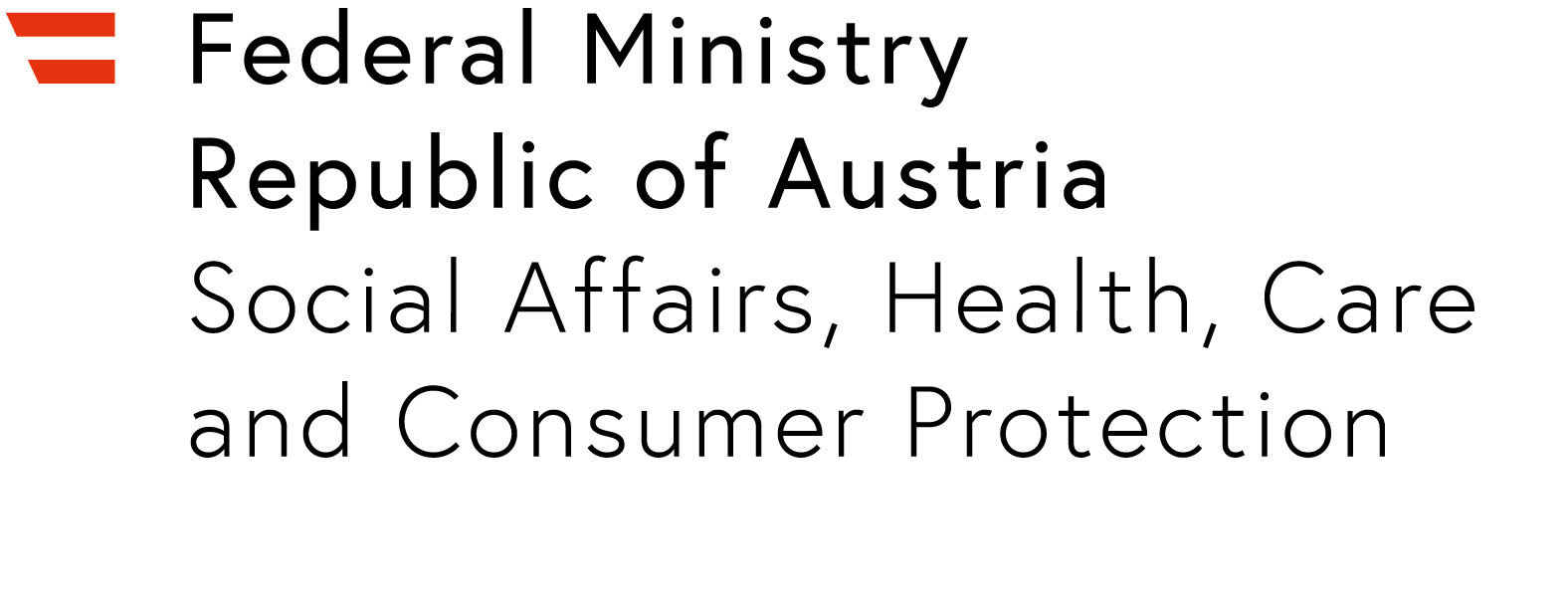The Science of Slumber: Exploring the Connection Between Sleep and Mental Health
Sleep plays a crucial role in maintaining overall health, particularly mental health. The complex relationship between sleep and psychological well-being is a growing area of research, highlighting the significant consequences of sleep deprivation and the impact of sleep disorders on daily life. This article delves into the effects of sleep deprivation, explores common sleep disorders, and provides practical advice for enhancing sleep quality.
The Effects of Sleep Deprivation
Lack of adequate sleep can have profound effects on mental and emotional health. Escorts from https://scarletblue.com.au/ are aware that sleep deprivation not only impairs cognitive function and physical health but also significantly impacts mood and emotional stability.
Mental and Emotional Consequences of Insufficient Sleep:
Cognitive Impairment: Sleep deprivation affects concentration, memory, and decision-making abilities. Chronic sleep loss can lead to diminished cognitive performance akin to being intoxicated.
Mood Fluctuations: Insufficient sleep can cause irritability, short temper, and mood swings. Long-term sleep deprivation has been linked to higher rates of depression, anxiety, and other mental health disorders.
Stress and Anxiety: Lack of sleep can increase the body's stress responses, leading to elevated levels of stress hormones like cortisol. This heightened stress can exacerbate feelings of anxiety and contribute to a vicious cycle of sleeplessness and distress.
Understanding these impacts underscores the importance of prioritizing sleep to maintain not only mental and physical health but also overall quality of life.
Sleep Disorders and Psychological Well-being
Several common sleep disorders profoundly affect individuals' daily lives and mental health. Conditions such as insomnia, sleep apnea, and restless legs syndrome not only disrupt sleep but also lead to significant daytime fatigue and emotional distress.
Impact on Daily Life:
Insomnia: Characterized by difficulty falling or staying asleep, insomnia affects millions and is often linked to stress, depression, and anxiety.
Sleep Apnea: This disorder involves breathing interruptions during sleep, leading to poor sleep quality and resulting in excessive daytime sleepiness and fatigue.
Restless Legs Syndrome: This condition causes uncomfortable sensations in the legs and an irresistible urge to move them, which can severely disrupt sleep and thus affect mood and mental alertness.
Special Considerations for Escorts:
Individuals working as escorts often maintain irregular hours, further complicating their sleep patterns. The nature of their work can require them to be active at night, leading to disrupted sleep cycles that may exacerbate stress and emotional strain. For escorts, managing sleep is not only a matter of physical rest but also crucial for maintaining emotional equilibrium and managing the unique stresses of their profession.
Tips for Better Sleep
Improving sleep quality is essential for anyone looking to enhance their mental health and overall well-being. Here are some practical tips to help achieve better sleep:
Strategies for Enhanced Sleep:
Consistent Sleep Schedule: Going to bed and waking up at the same time every day helps regulate your body's internal clock, making it easier to fall asleep and wake up naturally.
Optimize Your Sleep Environment: Ensure your bedroom is conducive to sleep—cool, quiet, and dark. Invest in a good quality mattress and pillows to enhance comfort.
Limit Exposure to Screens: The blue light emitted by screens can interfere with melatonin production, making it harder to fall asleep. Try to avoid screens at least an hour before bed.
Relaxation Techniques: Engage in relaxation techniques such as deep breathing, meditation, or reading a book to help calm your mind before bed.
Watch Your Diet: Avoid large meals, caffeine, and alcohol before bedtime, as they can disrupt sleep.
By incorporating these strategies, individuals can significantly improve their sleep quality, which in turn can enhance their mental clarity, emotional stability, and overall health.
Conclusion
The link between sleep and mental health is undeniable. Whether dealing with sleep deprivation, managing a sleep disorder, or simply seeking to improve sleep quality, taking steps to ensure adequate rest is crucial for mental and physical health. For those in high-stress professions, such as escorts, prioritizing sleep is even more critical due to the irregular and demanding nature of their work. By understanding the importance of sleep and implementing strategies to improve sleep habits, individuals can foster better mental health and enhance their quality of life.










